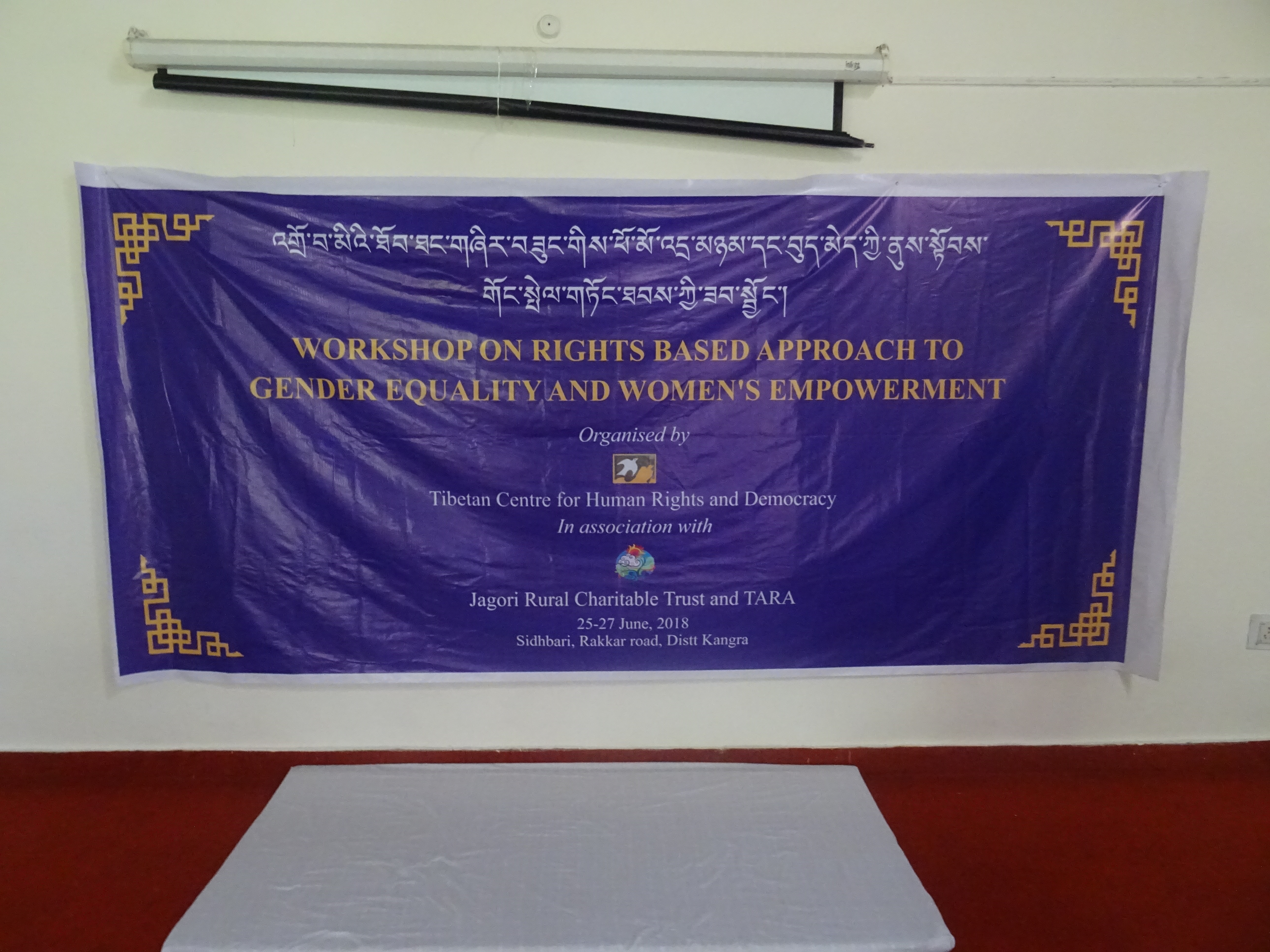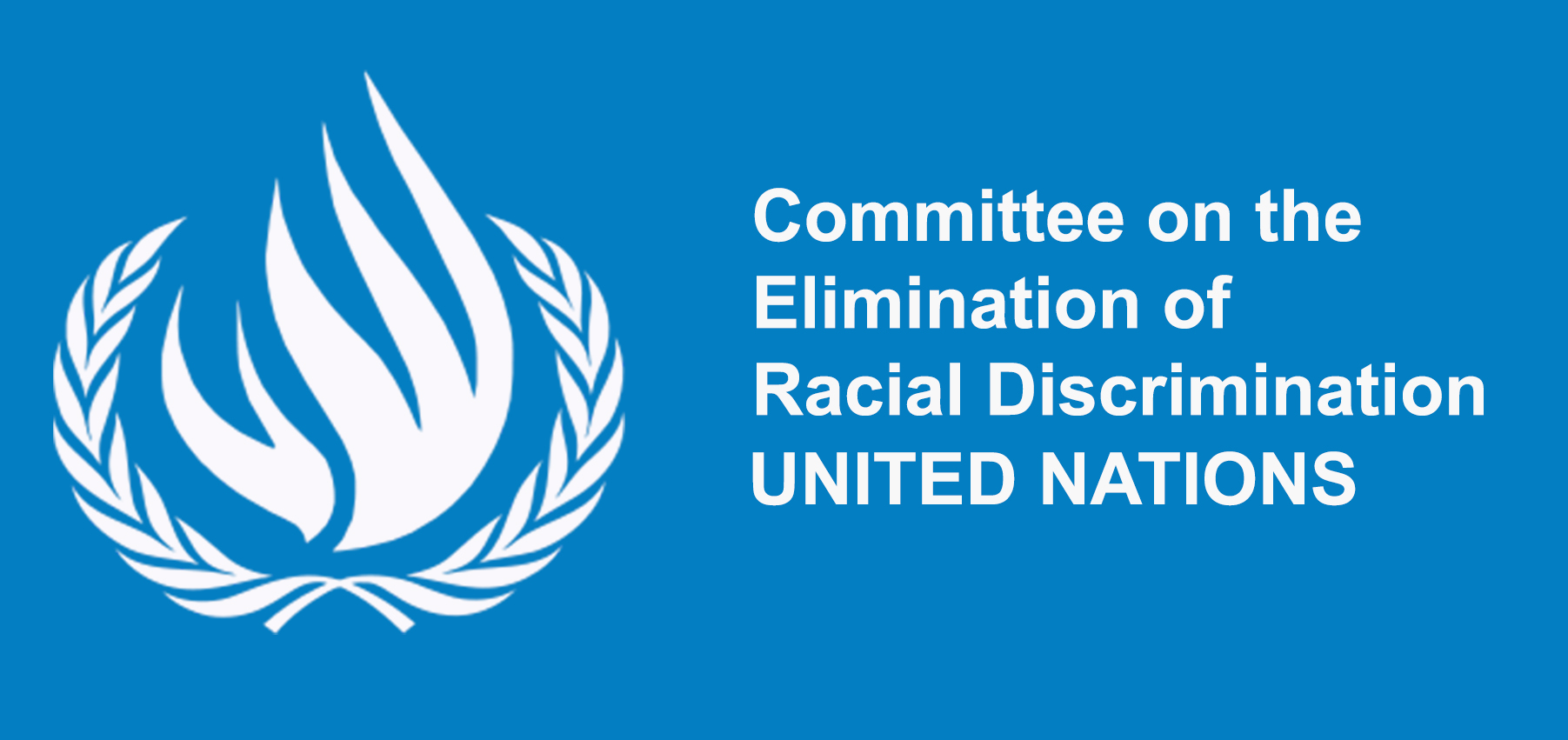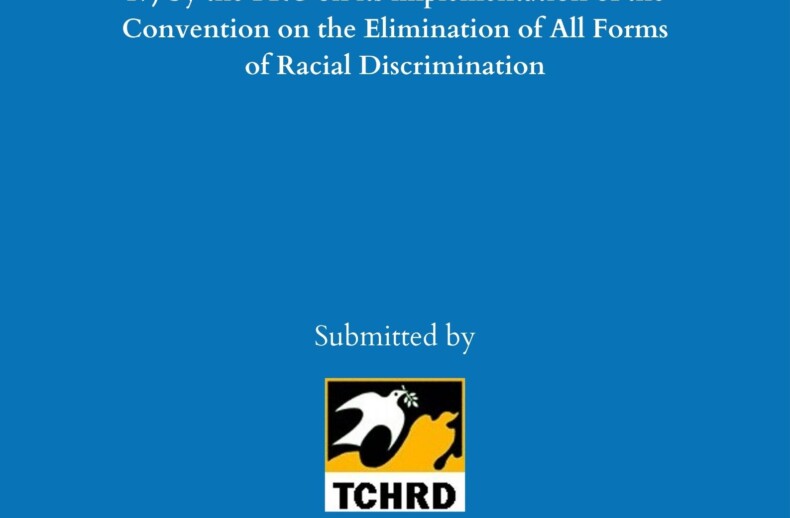 We, the undersigned, express deep concern over the removal of valuable stakeholder information by the Office of the High Commissioner for Human Rights (OHCHR) for consideration by UN members states ahead of the 3rd Cycle Universal Periodic Review (UPR) of the People’s Republic of China.
We, the undersigned, express deep concern over the removal of valuable stakeholder information by the Office of the High Commissioner for Human Rights (OHCHR) for consideration by UN members states ahead of the 3rd Cycle Universal Periodic Review (UPR) of the People’s Republic of China.
The UPR process, undertaken through the UN Human Rights Council, explicitly welcomes constructive contributions from civil society to address human rights challenges and promote universal human rights norms. All of the undersigned groups submitted reports through the OHCHR’s online platform before the deadline of March 29, 2018 as individual organizations or as joint submissions to be considered by states in the preparation of their recommendations, and by the OHCHR in its official summary of information from civil society.










